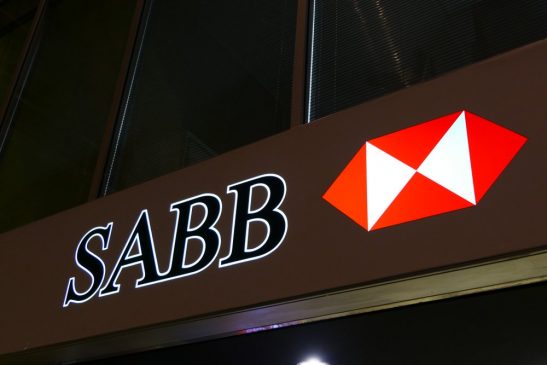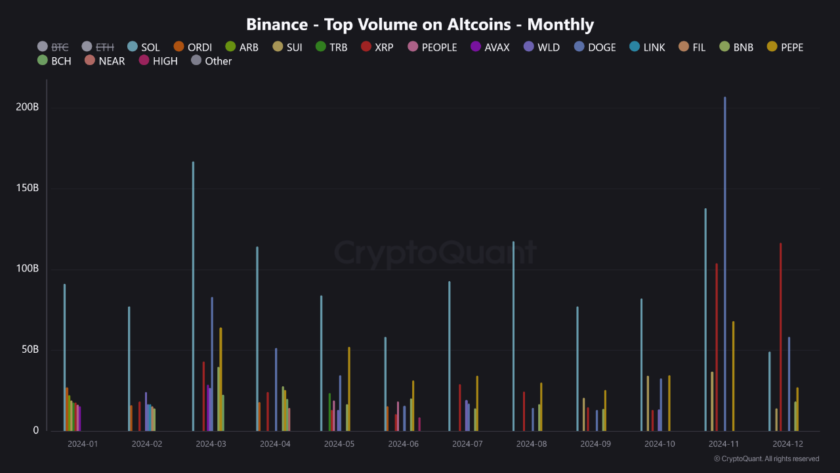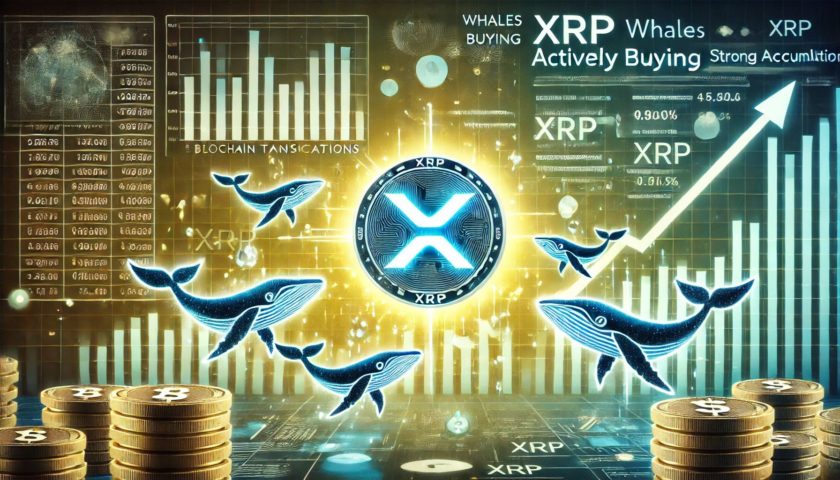By CCN.com: At the Financial Sector Conference on April 24, Saudi British Bank (SABB) announced the launch of its Instant Cross-Border Transfer Service, a payments infrastructure based on the Ripple blockchain network that utilizes crypto asset XRP for liquidity.
With nearly $50 billion in assets, SABB initially joined the Ripple network in January 2018 with the support of the Saudi Arabian Monetary Authority (SAMA) to use emerging technology in the blockchain to process payments.
The bank said that it conducted its first pilot transaction on the Ripple blockchain network later that year in December, continuing to collaborate with Ripple to implement blockchain technology onto the bank’s payments system.
A Key Win For Ripple and XRP?
Brad Garlinghouse, the CEO of Ripple, has always been consistent on his vision of overtaking Swift to become a dominant banking infrastructure provider.
Speaking to Bloomberg in November 2018, Garlinghouse said:
The technologies that banks use today that Swift developed decades ago really hasn’t evolved or kept up with the market. Swift said not that long ago they didn’t see blockchain as a solution to correspondent banking. We’ve got well over 100 of their customers saying they disagree. What we’re doing and executing on a day-by-day basis is, in fact, taking over Swift.
– Ripple is meant to replace SWIFT
– XRP is meant to be a digital way to move value
– All of Ripple’s customers are using both Ripple and SWIFTCory Johnson, Ripple
Nov18 pic.twitter.com/egqDlbvCyX— Steven Diep (@DiepSanh) January 3, 2019
For Ripple to compete against Swift, which could be challenging in the near to medium term because of the existing relationship between Swift and the world’s biggest banks, it would need to secure as many banks as possible as partners to raise the liquidity of XRP and improve the usability Ripple blockchain.
At its core, a network like Swift is a messaging platform which banks use to communicate and process information. Payments, in essence, are data that are processed by third party service providers or network operators like Swift.
If there exists a limited number of financial institutions on a network, whether it be a centralized or a blockchain protocol, it restricts the extent to which the network can be used to send and receive payments for both banks and users.
One criticism against Ripple has been the significance of financial institutions on its network. Although major banks such as South Korea’s top banks KB Kookmin Bank and Japan’s SBI Holdings have been working with Ripple to conduct pilot tests, the actual usage of the Ripple blockchain networks by the bigger banks remains uncertain.
In an official statement Majed Najm, the Deputy Managing Director Corporate and Institutional Banking at SABB, said that its implementation of Ripple marks a positive start of a new roadmap and that it intends to expand its services to more countries in the future.
Najm said:
SABB provides its customers with faster, safer and more transparent cross-border payment services by the launch of “Blockchain” technology through “Ripple”. The Indian Rupee (INR) is a positive start to an upcoming roadmap being the first currency to be activated in SABB. This plan aims to provide customers with a valuable service and link more countries and currencies in the near future.
Strong strategic partnerships with multi-billion dollar institutions could place Ripple in competition with Swift over the long run if partner banks actively utilize its blockchain technology on a regular basis.
Can Ripple Show Signs of Long-Term Sustainability?
In recent months, major financial institutions such as JPMorgan Chase, the largest bank in the U.S., have started to commit to the blockchain market, launching their own crypto assets.
JPMorgan released JPM Coin in February, a blockchain-based digital asset designed to process instantaneous payments for the bank’s clients.
As predicted, banks are changing their tune on crypto. But this JPM project misses the point – introducing a closed network today is like launching AOL after Netscape’s IPO. 2 years later, and bank coins still aren’t the answer https://t.co/39EAiSJwAz https://t.co/e7t7iz7h21
— Brad Garlinghouse (@bgarlinghouse) February 14, 2019
In the long-term, Ripple is likely to face tight competition from new institutions entering the blockchain and crypto market.




